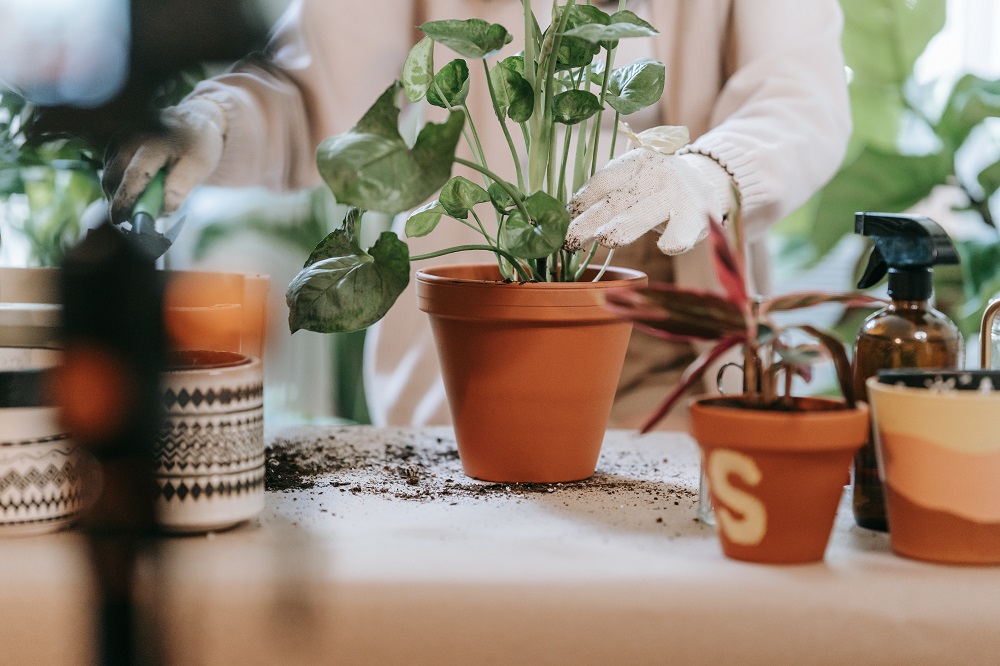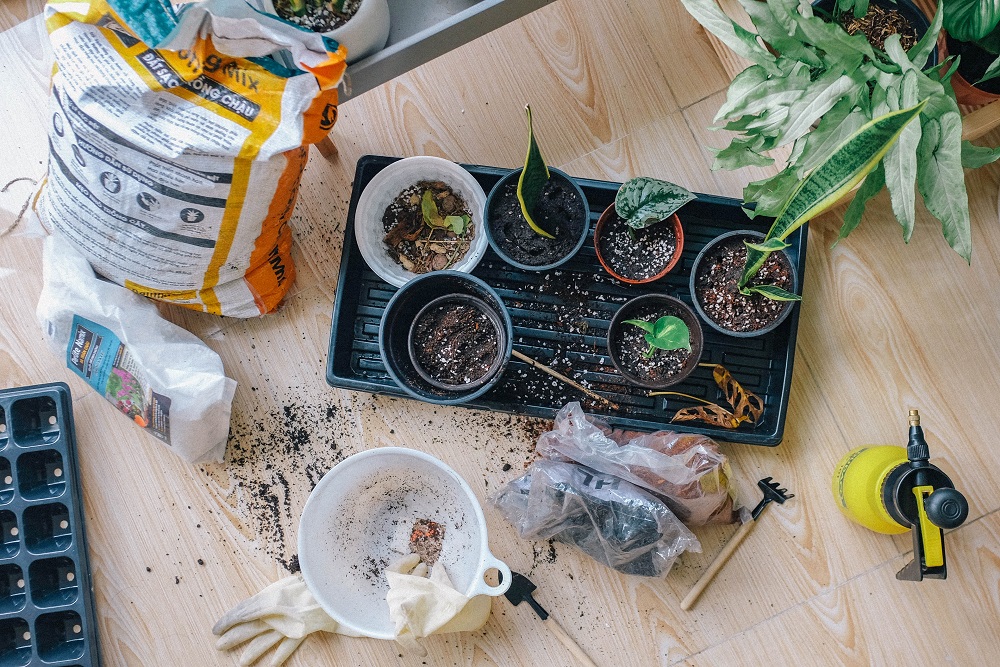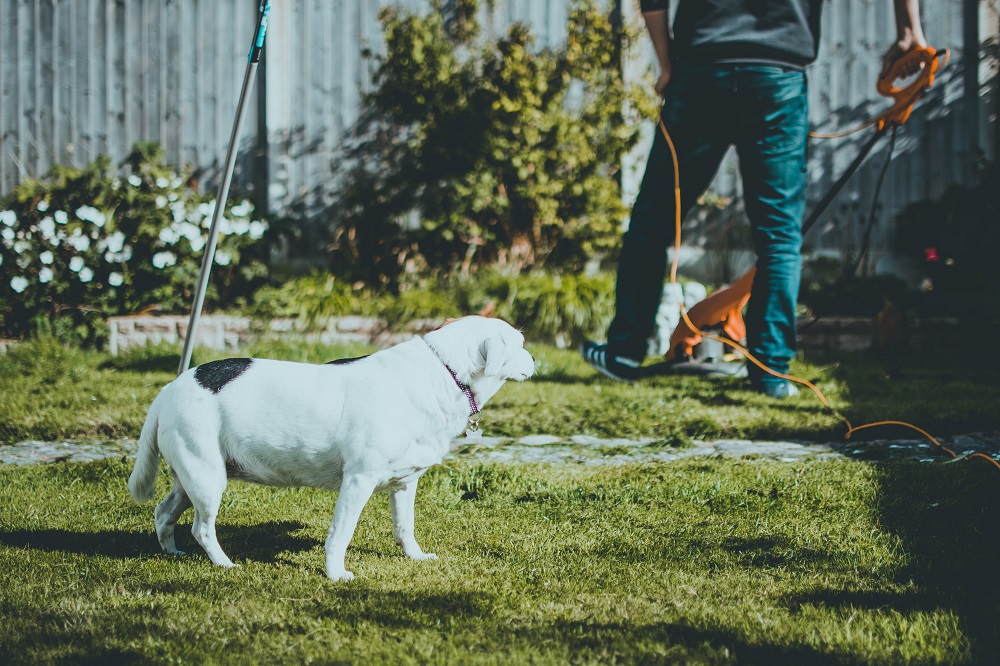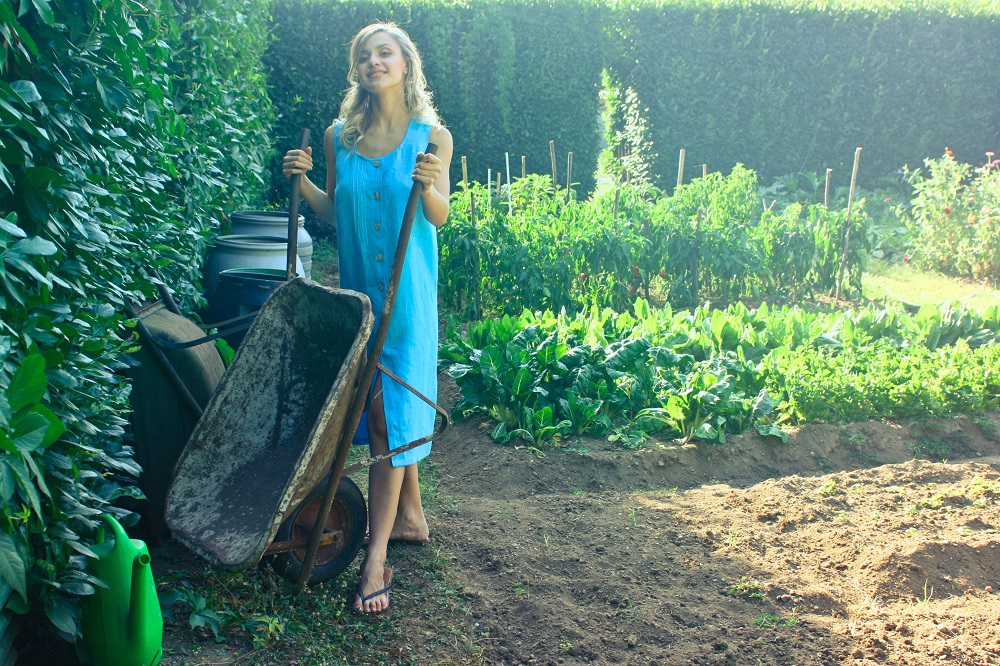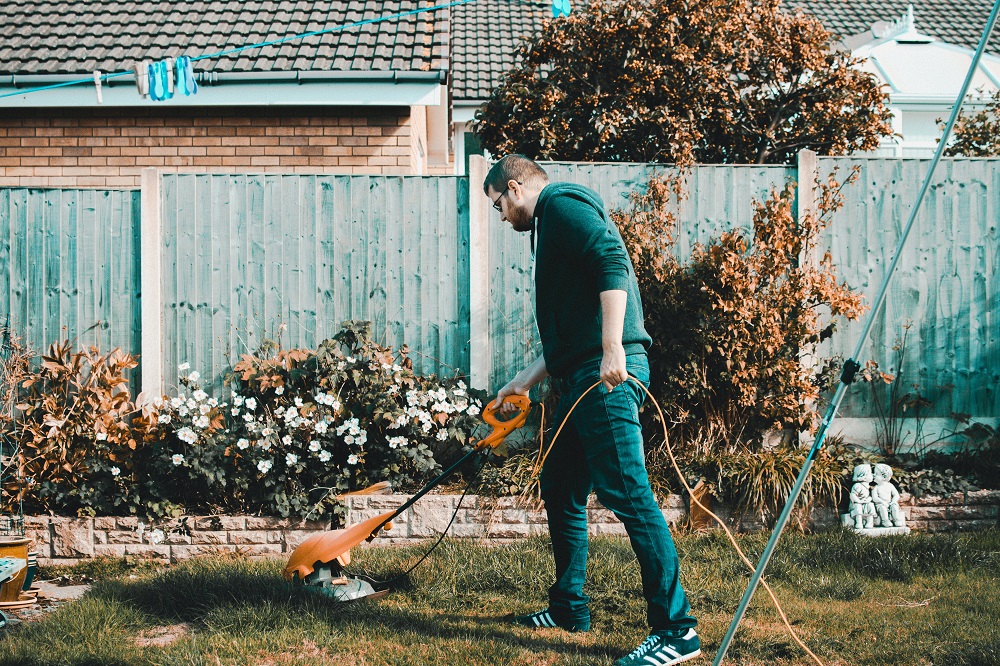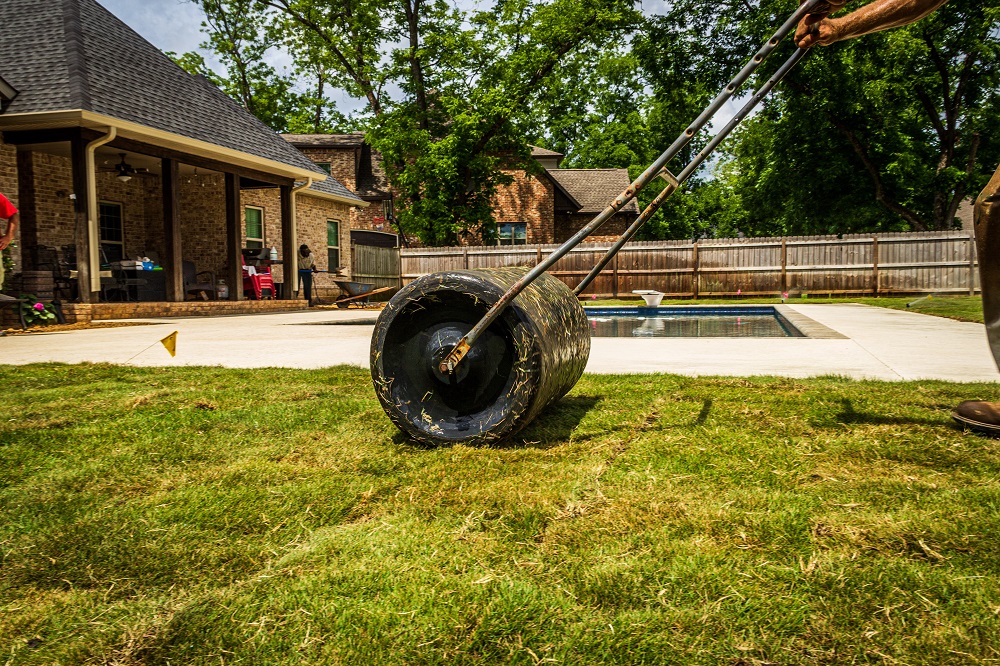What is the Difference Between a Landscaper and Horticulturist?
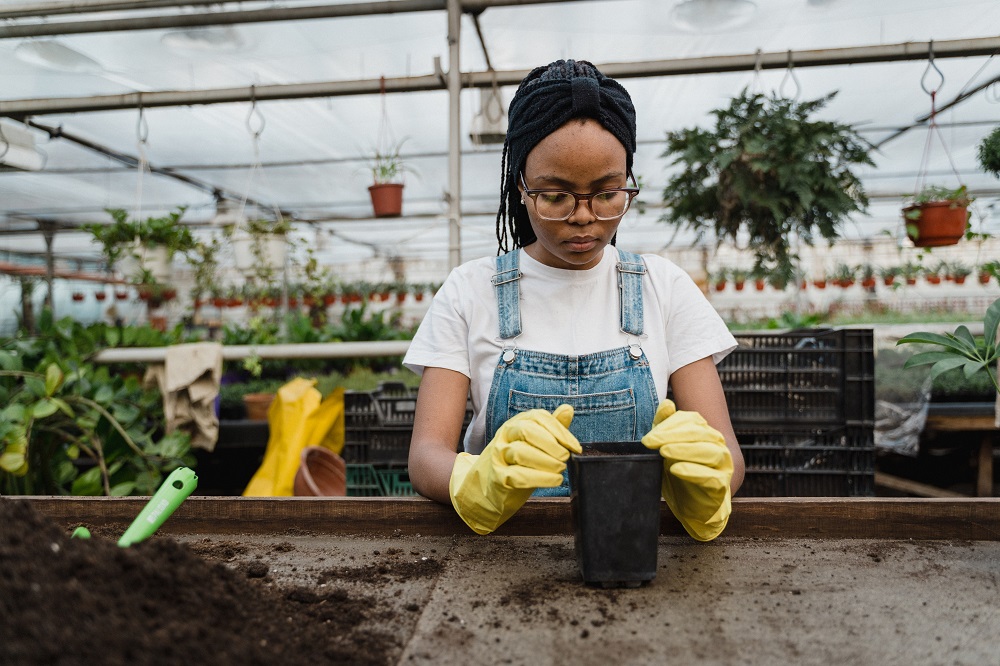
Landscapers and horticulturists are professionals who work in the field of landscaping and gardening. Although these two professions share some similarities, there are significant differences between them. Understanding these differences can help you decide which professional to hire for your landscaping needs.
What is a Landscaper?
A landscaper is a professional who designs, installs, and maintains outdoor spaces, such as gardens, lawns, and parks. Landscapers often work with clients to create a custom landscape design that meets their needs and preferences. They are skilled in using plants, hardscaping materials, and other features to create a beautiful and functional outdoor space.
Some of the tasks that a landscaper may perform include:
• Installing plants, trees, and shrubs
• Installing hardscaping features such as patios, walkways, and retaining walls
• Installing irrigation systems
• Pruning and maintaining plants
• Applying fertilizers and pesticides
• Maintaining lawns and other outdoor areas
Landscapers may work on a variety of projects, from small residential gardens to large commercial landscaping projects. They may also work for landscaping companies or operate their own landscaping businesses.
What is a Horticulturist?
A horticulturist is a professional who specializes in the science of plant cultivation. They are knowledgeable about plant biology, plant propagation, soil science, and pest and disease management. Horticulturists work to develop new varieties of plants, improve plant performance, and develop sustainable growing practices.
Some of the tasks that a horticulturist may perform include:
• Propagating and breeding plants
• Developing new varieties of plants
• Conducting research on plant growth and development
• Developing sustainable growing practices
• Managing pests and diseases
• Consulting with growers, landscapers, and other professionals
Horticulturists may work in a variety of settings, including research institutions, universities, government agencies, and private companies. They may also work as consultants, providing advice and expertise to growers, landscapers, and other professionals.
Key Differences Between Landscapers and Horticulturists
- Education and Training
Landscapers typically do not require formal education or training, although many have experience working in the field. Some may have completed vocational or trade school programs in landscaping or related fields.
Horticulturists, on the other hand, typically have at least a bachelor’s degree in horticulture or a related field. Many also have advanced degrees in plant science, soil science, or related fields.
- Focus
Landscapers focus on designing, installing, and maintaining outdoor spaces, such as gardens, lawns, and parks. They are skilled in using plants, hardscaping materials, and other features to create a beautiful and functional outdoor space.
Horticulturists, on the other hand, focus on the science of plant cultivation. They are knowledgeable about plant biology, plant propagation, soil science, and pest and disease management.
- Job Duties
Landscapers perform a variety of tasks related to designing, installing, and maintaining outdoor spaces. They may install plants, trees, and shrubs, as well as hardscaping features such as patios, walkways, and retaining walls. They may also install irrigation systems, maintain lawns and other outdoor areas, and apply fertilizers and pesticides.
Horticulturists, on the other hand, perform tasks related to plant cultivation and research. They may propagate and breed plants, develop new varieties of plants, and conduct research on plant growth and development. They may also develop sustainable growing practices, manage pests and diseases, and consult with growers, landscapers, and other professionals.
- Salary and Job Outlook
According to the Bureau of Labor Statistics (BLS), the median annual salary for landscape architects, which includes landscapers, was $73,160 as of May 2020. The job outlook for landscape architects is positive, with employment projected to grow 4% from 2019 to 2029.
The median annual salary for horticulturists was $72,560 as of May 2020, according to the BLS. The job outlook for horticulturists is also positive, with employment projected to grow 5% from 2019 to 2029.
Which Professional Should You Hire?
When it comes to hiring a professional for your landscaping needs, it’s important to consider the specific services you require. If you are looking to design and install a new outdoor space, a landscaper may be the best choice for you. Landscapers are skilled in using plants and hardscaping features to create beautiful and functional outdoor spaces that meet your specific needs and preferences.
If you are looking to improve the performance of your plants or develop sustainable growing practices, a horticulturist may be the best choice for you. Horticulturists can provide expertise on plant biology, plant propagation, and pest and disease management, helping you to achieve the best possible results from your garden.
In some cases, you may require the services of both a landscaper and a horticulturist. For example, if you are designing a new outdoor space and want to include a variety of plants, you may need the expertise of both professionals to ensure that your design is both beautiful and functional.
Landscapers and horticulturists are both important professionals in the field of landscaping and gardening. While there are some similarities between the two professions, there are also significant differences in their education and training, focus, job duties, and salary.
When choosing a professional for your landscaping needs, it’s important to consider the specific services you require and choose the professional that best meets your needs. Whether you choose a landscaper, a horticulturist, or both, investing in professional landscaping services can help you create a beautiful and functional outdoor space that enhances the beauty and value of your property.
Seeking the advice of a professional landscaper or horticulturist can be invaluable when it comes to creating a beautiful and functional outdoor space. These professionals have the knowledge and expertise to help you select the right plants for your garden, design a landscape that meets your needs and preferences, and provide guidance on plant care and maintenance.
By investing in professional advice, you can avoid common landscaping mistakes, ensure that your garden thrives, and enjoy a beautiful and functional outdoor space for years to come. Whether you’re a novice gardener or an experienced landscaper, seeking the advice of a professional can help you achieve your landscaping goals and create a space that you’ll be proud to show off to family and friends.
